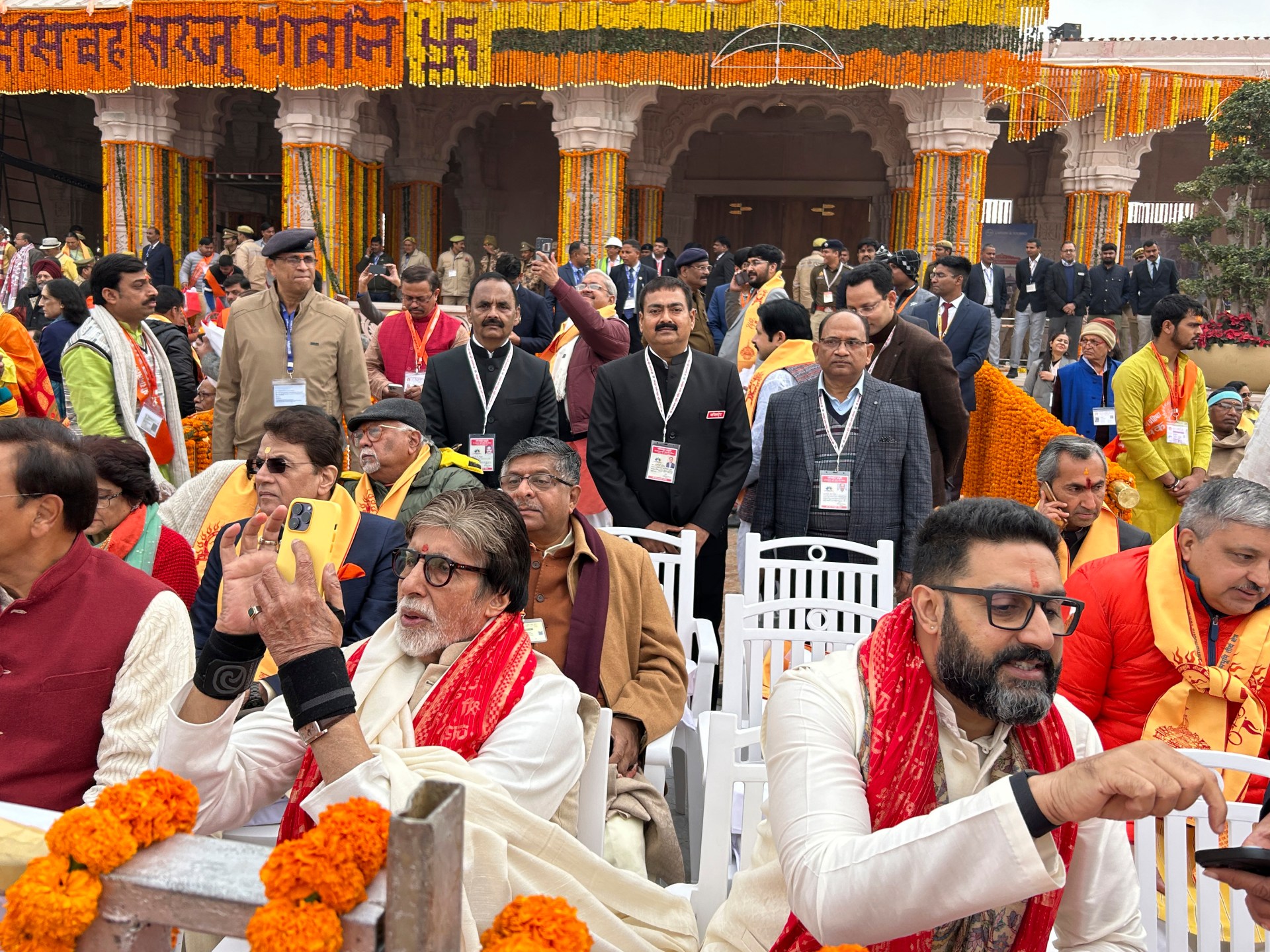In Mumbai, India, a police official is seen grimacing into the camera, expressing her desire to publicly shoot “leftists” and criticizing “left-liberal, pseudo-intellectuals” and students of Jawaharlal Nehru University (JNU), a left-leaning institution targeted by the Modi government. Footage of men in skull caps intercut with violent scenes suggests that Rohingya Muslims will eventually outnumber Hindus and make up half of India’s population. A distressed Hindu woman fighting against these men expresses her wish to meet Prime Minister Narendra Modi. A biopic on Vinayak Damodar Savarkar, a Hindu nationalist from the early 20th century, claims that India would have gained independence from British colonial rule much earlier if not for Mahatma Gandhi.
As India gears up for general elections between March and May, Prime Minister Modi and his Bharatiya Janata Party (BJP) are receiving support from an unlikely source: the film industry. Several upcoming Hindi films, backed by major production houses, either promote Modi and his government’s policies or target rival politicians. Even national icons like Gandhi and prestigious institutions like JNU are not spared, as the films push Hindu nationalist narratives and Islamophobic conspiracies aligned with the BJP’s agenda.
According to Ira Bhaskar, a retired professor of cinema studies at JNU, these films are part of a broader attempt to influence the Hindi film industry, similar to the infiltration of other forms of popular culture. The recent surge in such movies follows a pattern seen before the 2019 elections, with films attempting to bolster the BJP’s popularity or attack its critics. This trend, which has intensified since Modi’s rise to power in 2014, reflects a shift in historical representations and the portrayal of Muslim rulers as invaders in Indian cinema.
While some attribute the proliferation of these films to fear, opportunism, and government backing, others see it as a commercial opportunity to cater to the ruling ideology. Filmmakers may alter or censor their content to avoid backlash or align with the prevailing political climate. Films that align with the ruling party’s ideology often receive support from the government, including tax waivers and free screenings organized by BJP units, enhancing their legitimacy and reach. Critics argue that these films perpetuate social divisions, spread hate speech, and distort historical events to suit a particular narrative.

